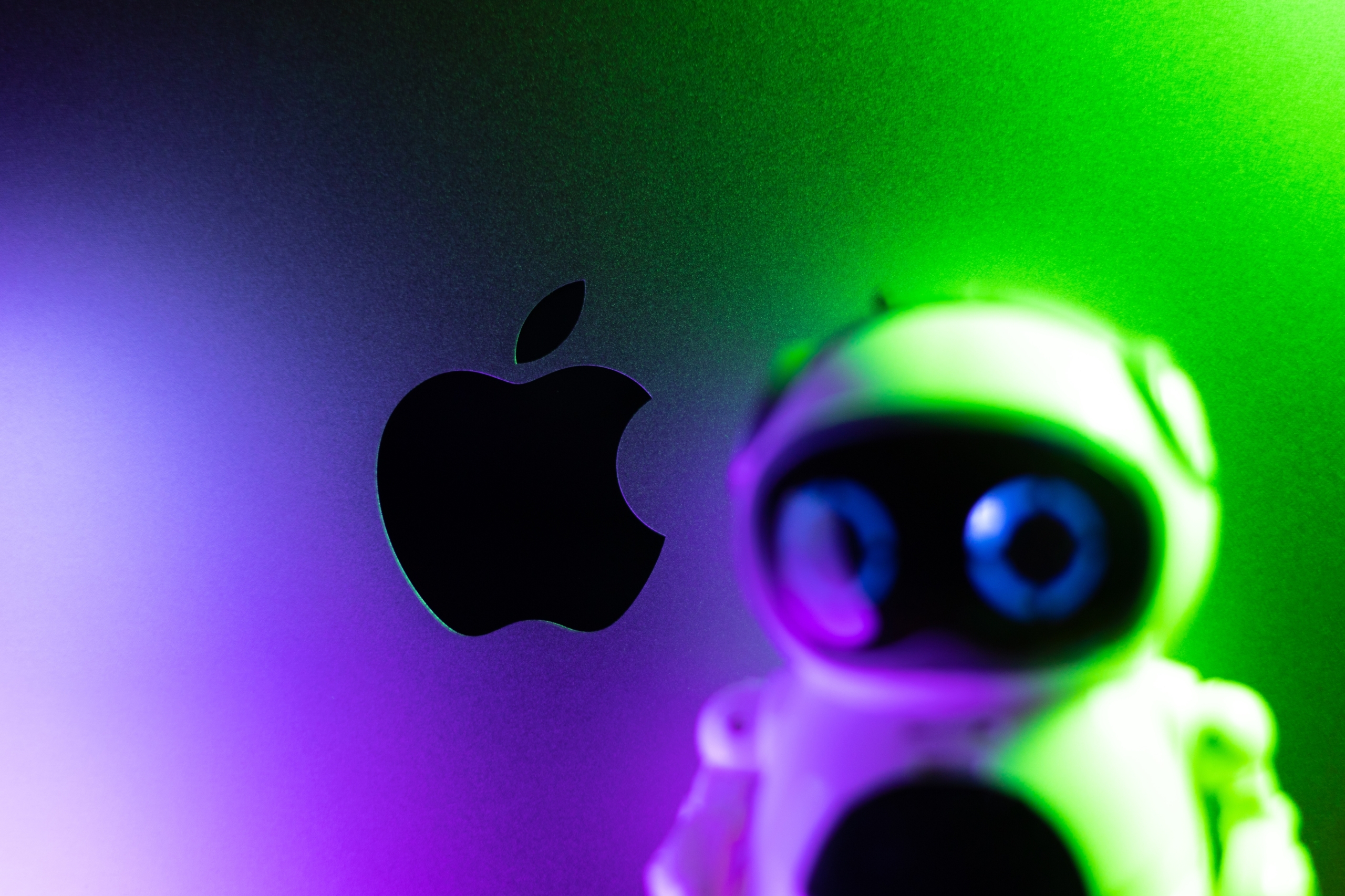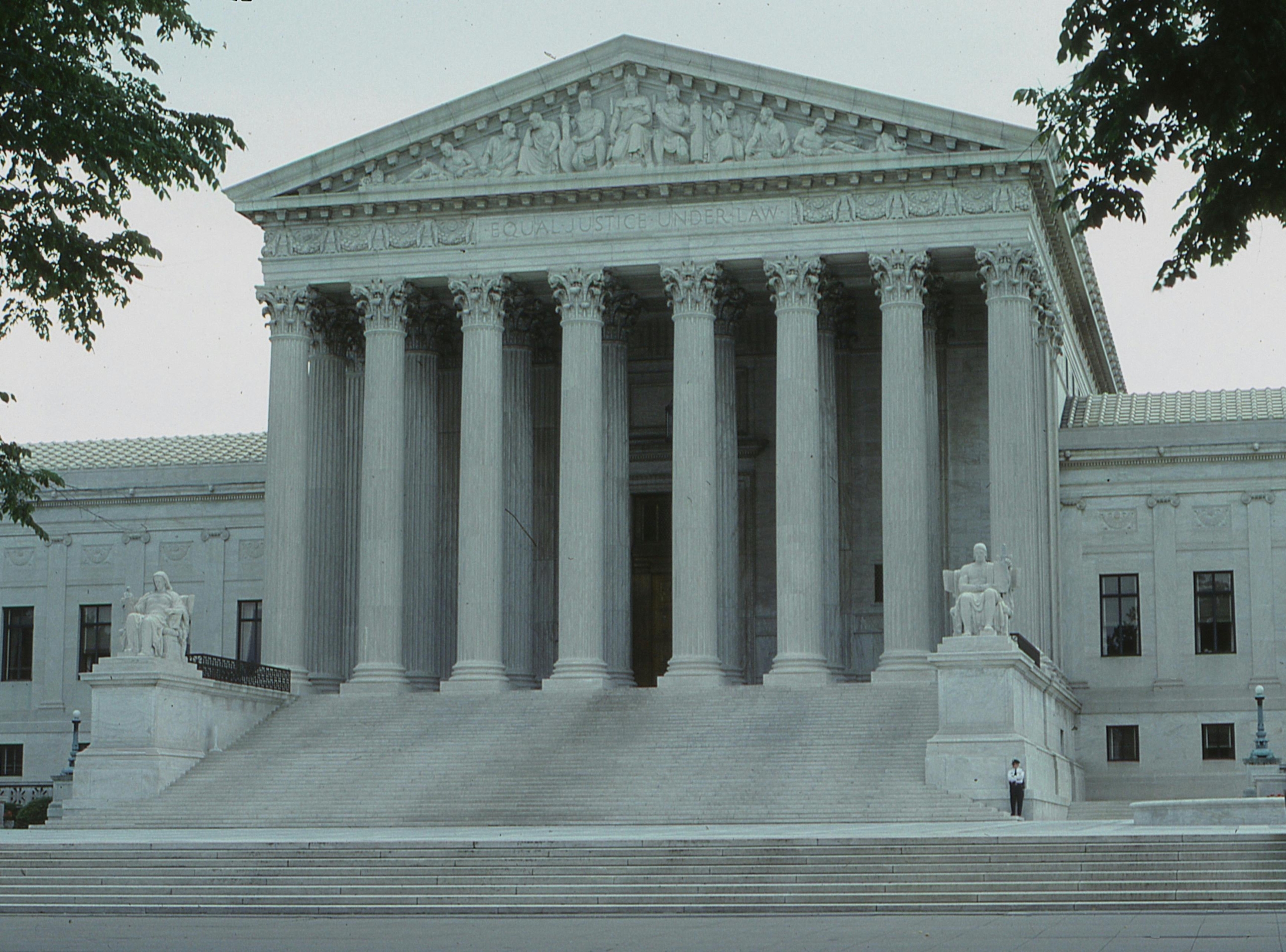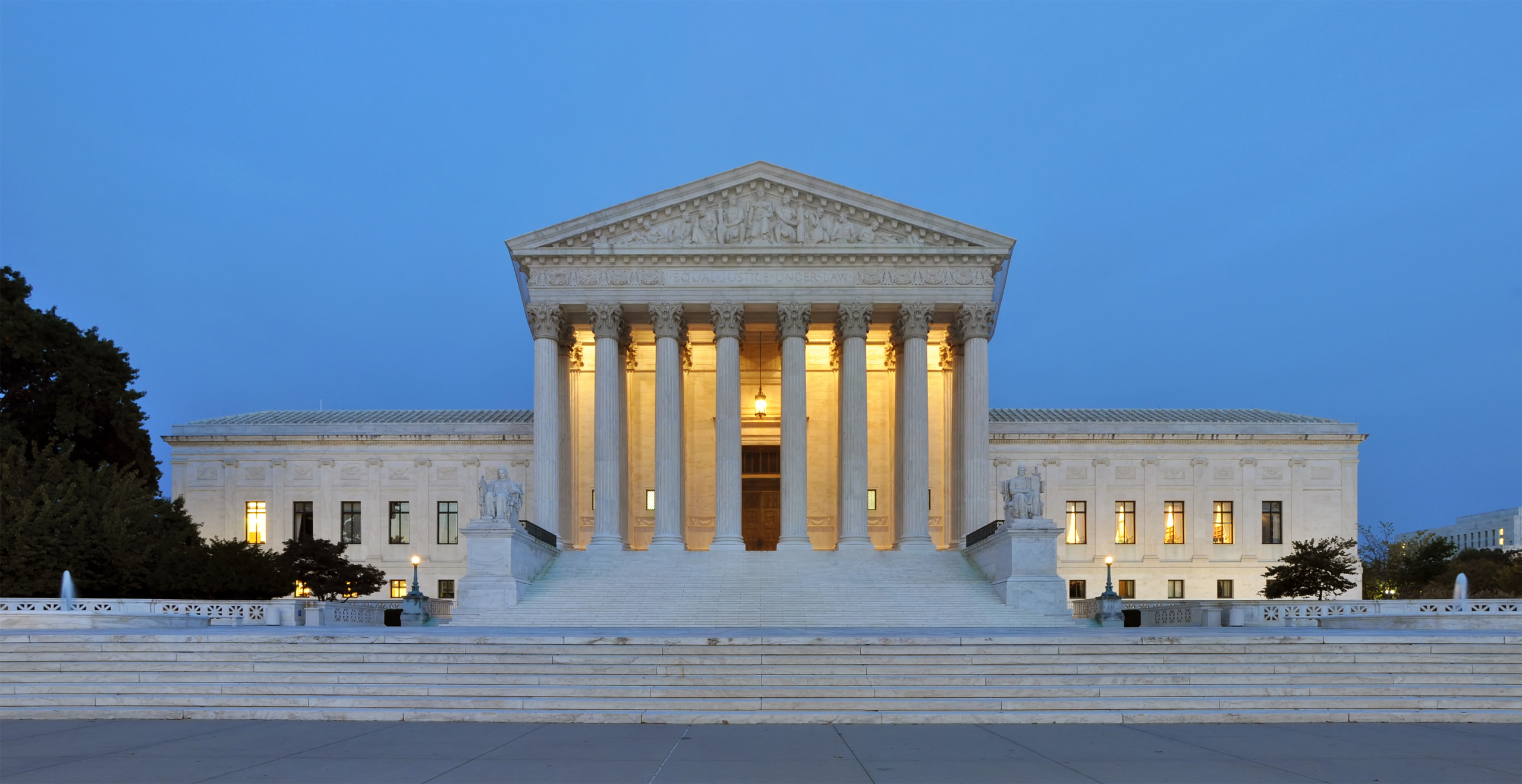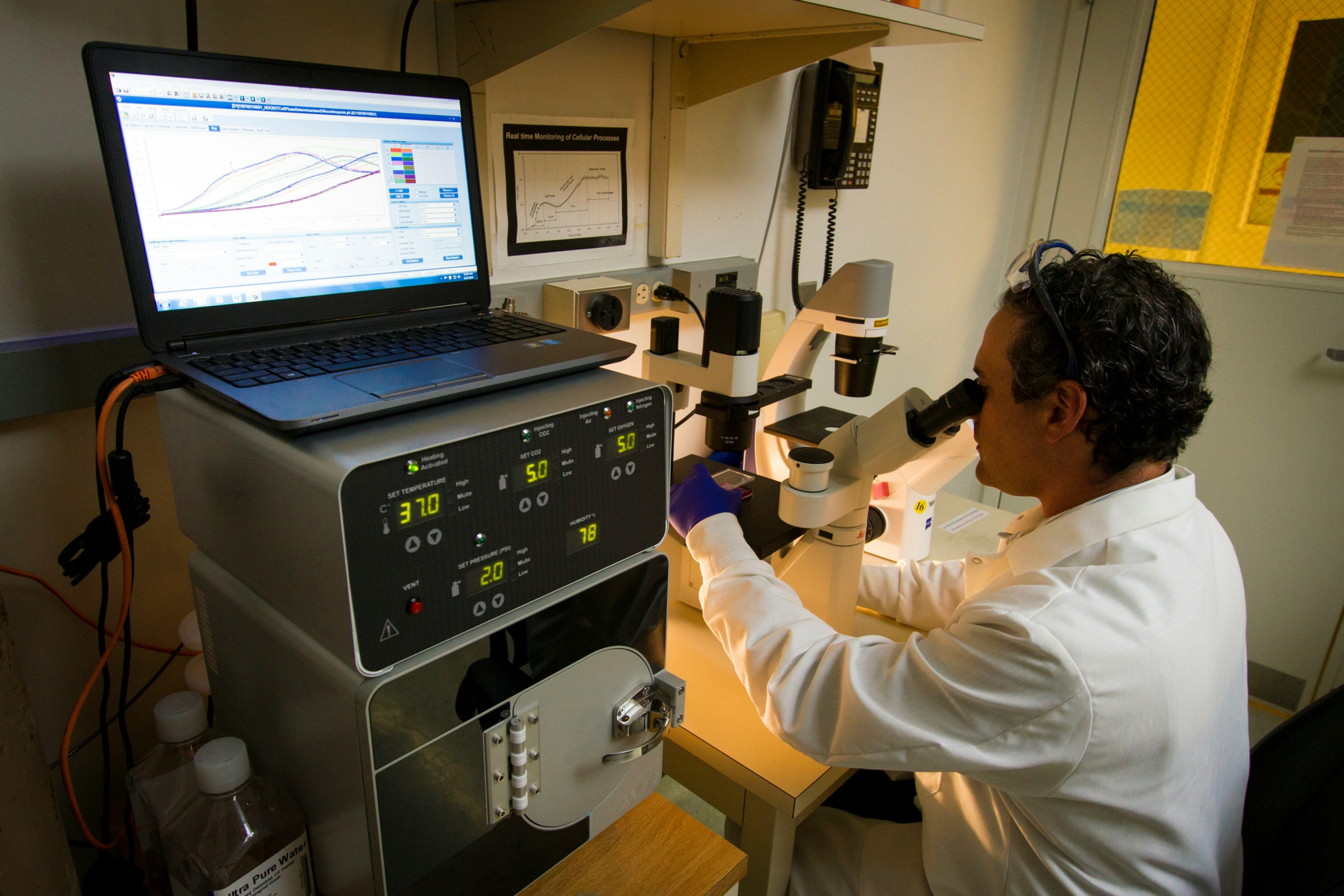On September 5, 2025, authors Grady Hendrix and Jennifer Roberson filed a class action lawsuit in the U.S. District Court for the Northern District of California, alleging that Apple used pirated books to train its Apple Intelligence (“AI”) models. Hendrix and Roberson are requesting declaratory and injunctive relief as well as statutory damages, compensatory damages, restitution, disgorgement, and attorneys’ fees for all class members in addition to themselves.
Plaintiffs Hendrix and Roberson allege that Apple used Books3, which includes their published works, to train its OpenELM language models. Books3 is a dataset of pirated copyright books. It contains an upwards of 190,000 books that been mainly published over the past two decades. The dataset includes books written by renowned authors such as Stephen King, Zadie Smith, and Michael Pollan. Open ELM is a small, open source language AI model designed to run on devices rather than having to connect to cloud servers.
Plaintiffs further are allege that they are part of a class of authors who have registered copyrights for their published works and Apple failed to obtain their consent to use their works for any of their intelligence models including the Foundation Intelligence Models and OpenELM language models. Plaintiffs also allege that Apple failed to compensate them for using their copyrighted works while also concealing the sources for its training datasets to avoid any potential legal scrutiny. Additionally, Plaintiffs allege that Apple continues to retain a private AI training-data library filled with thousands of pirated books to train its future AI models. Plaintiffs contend that Apple’s unauthorized use of their infringed works creates a risk of market dilution since works generated using Apple Intelligence will begin competing with their work and dilute their royalty pools as AI-generated output continues to flood the market over time.
This case embodies the significant roadblocks that exist for companies that utilize Artificial Intelligence for training purposes. On May 9, 2025, the United States Copyright Office released a 108-page non-binding report on whether using copyright materials without authorization to train generative AI systems is defensible under the Fair Use Doctrine. The Fair Use Doctrine is legal principle in copyright law that permits the limited use of copyright material without the requirement that authorization from the copyright holder must be granted beforehand. Factors such as the purpose and character of the use, the nature of the copyrighted work, the amount and substantiality of the copyrighted work, and the effect that the infringing use has had on the copyright owner’s ability to exploit his original work are considered in determining whether the use of the copyright material is considered a fair use. In its 108-page report, the United States Copyright Office vaguely concluded that it is for the courts to weigh the statutory factors together and there is no mechanical computation or easy formula. The Copyright Office concluded that how much each factor is weighed will depend on the facts and circumstances of the particular case. The Copyright Office reasoned that on one end of the spectrum, uses for purposes of noncommercial research that do not enable portions of the works to be reproduced in the outputs are likely to be fair and on the other end, copying of expressive works from pirate sources to generate unrestricted content that competes in the marketplace, is unlikely to qualify as fair use with many uses falling somewhere in between.
The District Court for the Northern District of California will have to weigh the statutory factors to determine whether Apple’s use of Books3 constituted a Fair Use of the copyrighted material. The Northern District of California faces a difficult challenge with very little guidance and precedent. Since there is no clear computation or easy formula, courts will be make important rulings that will have a significant impact on the markets for copyright works going forward.







